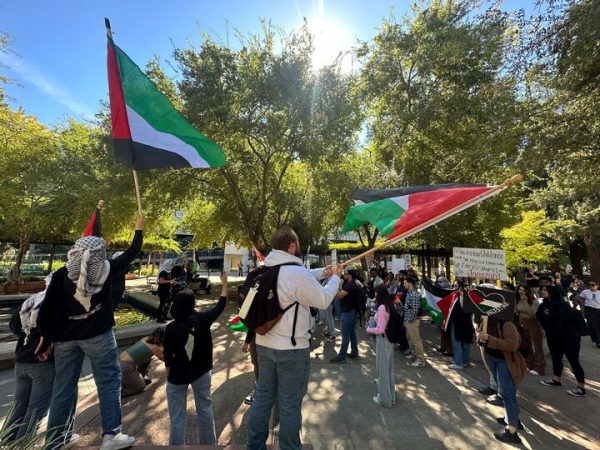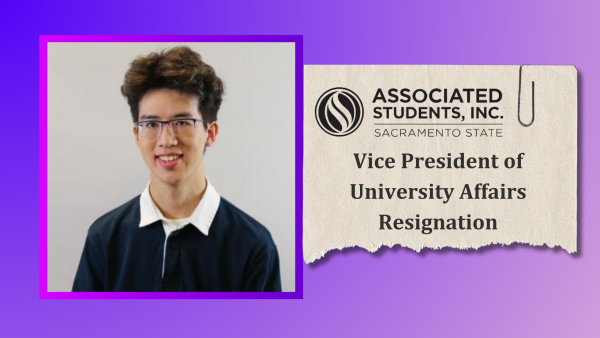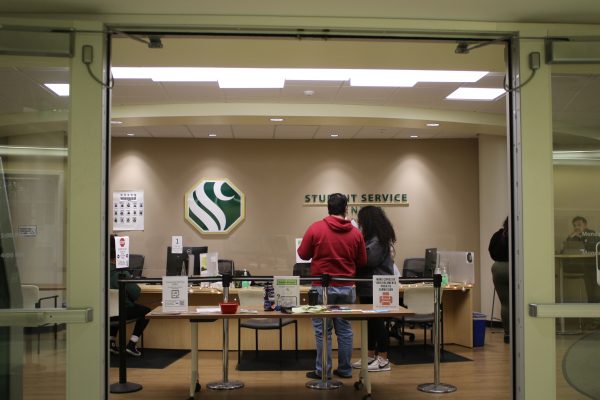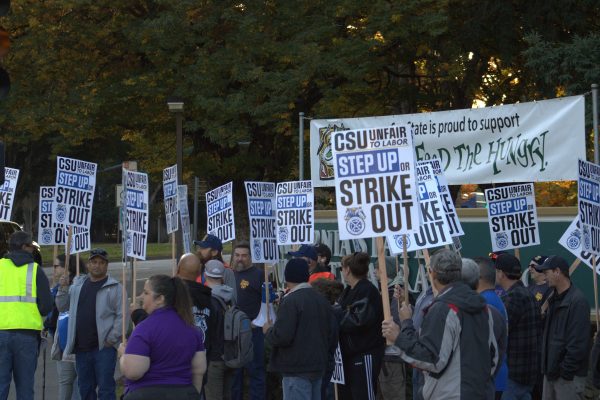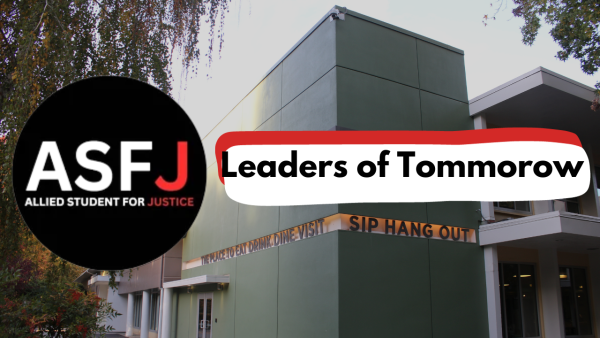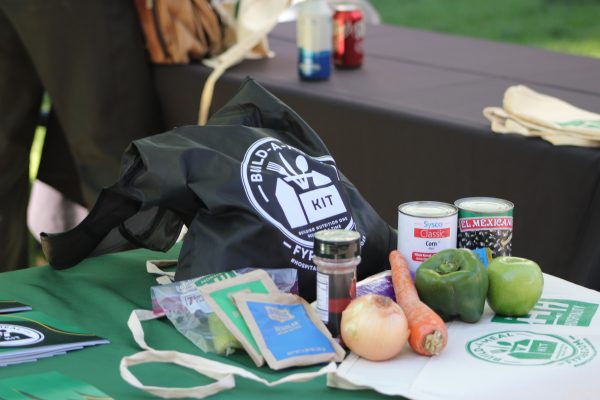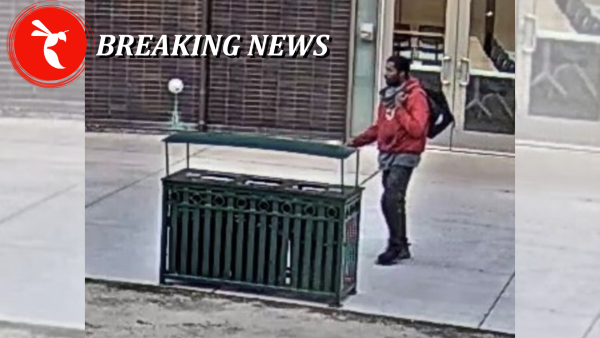Fulbright scholar teaching in China
October 19, 2011
Beijing is now the home of Sacramento State professor James DeShaw Rae, recent recipient of the Core Fulbright Scholar Program award, which sends 800 faculty from the United States abroad each year to teach and do research.
Rae, an assistant professor in the department of government and social sciences, traveled to the People’s Republic of China in August to lecture American Foreign Policy and American Politics.
While there, he hopes to promote international peace, justice and reconciliation in areas where trauma has occurred.
“A Fulbright scholarship increases the future value of anyone’s education, in any country, in any field, at any phase of one’s career,” said Jack Godwin, director of the Office of Global Communication.
The scholarship application itself is a lengthy process. A panel of American scholars has to review the application materials such as teaching and research experience, and then go over the proposal of academic experience in the country.
If the proposal and qualifications are approved, the host country’s government reviews the applicant; if approved, the information is forwarded to a final panel of Fulbright Board members for final approval and an offer of country placement.
“The Fulbright program is very competitive, which means Professor Rae must have submitted an outstanding proposal,” Godwin said.
In Rae’s case, his research publications and teaching experience at Sac State was central to his successful applications.
Rae’s research interest specializes in human rights, war crimes, transitional justice, United Nations peace-building and East and Southeast Asia. He has more than five bodies of work published; the most recent is called “Promoting Human Rights Through Hybrid Courts: The Serious Crimes Process in East Timor.”
“By being a Fulbright scholar, many doors are opened to you while serving in country,” Rae said. “It provides you an opportunity to meet colleagues in academic or policy circles that I could not get access on my own.”
During his time in China, Rae has blogged his journey, documenting experiences he finds interesting and sharing his hopes for the semester. On his first day of class, reminiscent of Sac State, 48 students tried to get into a class of 40. Also included in Rae’s blog are descriptions of restaurants he has visited and a minor traffic accident that involved a local attempting to swindle him of his money.
Rae has also appeared on China’s international radio station.
“I’ve discussed President Obama, the Occupy Wall Street movement and talks on denuclearizing the Korean Peninsula,” Rae said. “Not a lot of American professors are here to give expert opinion, so I get a lot more chances.”
When he is not teaching or blogging, Rae likes to spend time with his students.
“I’m looking forward to improving my ping pong and badminton,” Rae said, “I also joined a gym and am learning Chinese style yoga, which is different than the way we do it in the U.S.”
He also uses the Internet, though many websites are blocked by the government, such as YouTube, Facebook, Twitter and photo-sharing sites like Picasa.
“I am not shocked that they would be blocked, as the government does not want to risk a social movement using the Internet; though domestically, the Internet is used for such criticisms, often of wealthy people using their economic power to get out of a crime, or get access to a school, or corruption in government,” Rae said.
Rae said America and China are culturally different, so it can be tough to adjust to things.
“Of course, there are many stresses in China,” Rae said. “The pollution casts an ominous shadow; the crowds are immense, jostling to get off a bus or being shoved into the subway train is frustrating.”
Rae compares crossing lanes of traffic to a game of Frogger, except a person’s actual life is endangered if one’s head is not kept on a swivel..
“There’s also significant cultural differences, particularly regarding privacy and personal space,” Rae said.
Despite these differences, Rae said there are many things to take advantage of in China.
“I love going to the street market to get fresh produce. It tastes much more fresh than in a U.S. grocery store,” Rae said, “and also eating food cooked right on the street with a nice, cheap beer to wash it down.”
Rae said the attractions themselves are breathtaking; the Great Wall of China, the Forbidden City and Temple of Heaven are a “bygone era right around the corner,” he said.
“Most everyone, and especially young people, yearn to know more about America. Where I am from? What do I do? Why I am here? How is life for me back home?” Rae said. “The ultimate purpose of the Fulbright scholarship is to promote a better understanding of America around the world, and to improve people-to-people relationships.”
Rae has met many Chinese students and professors who have returned from a Fulbright scholarship to America, and he appreciates having the unique shared insight of straddling two cultures.
As for the rest of the journey, Rae said he is “here to walk around and talk to people, and in that way people can learn, not only the students in the classroom. Every Day is an education for me, and for the people I meet.”
Kaitlin Bruce can be reached at [email protected]



























































































































